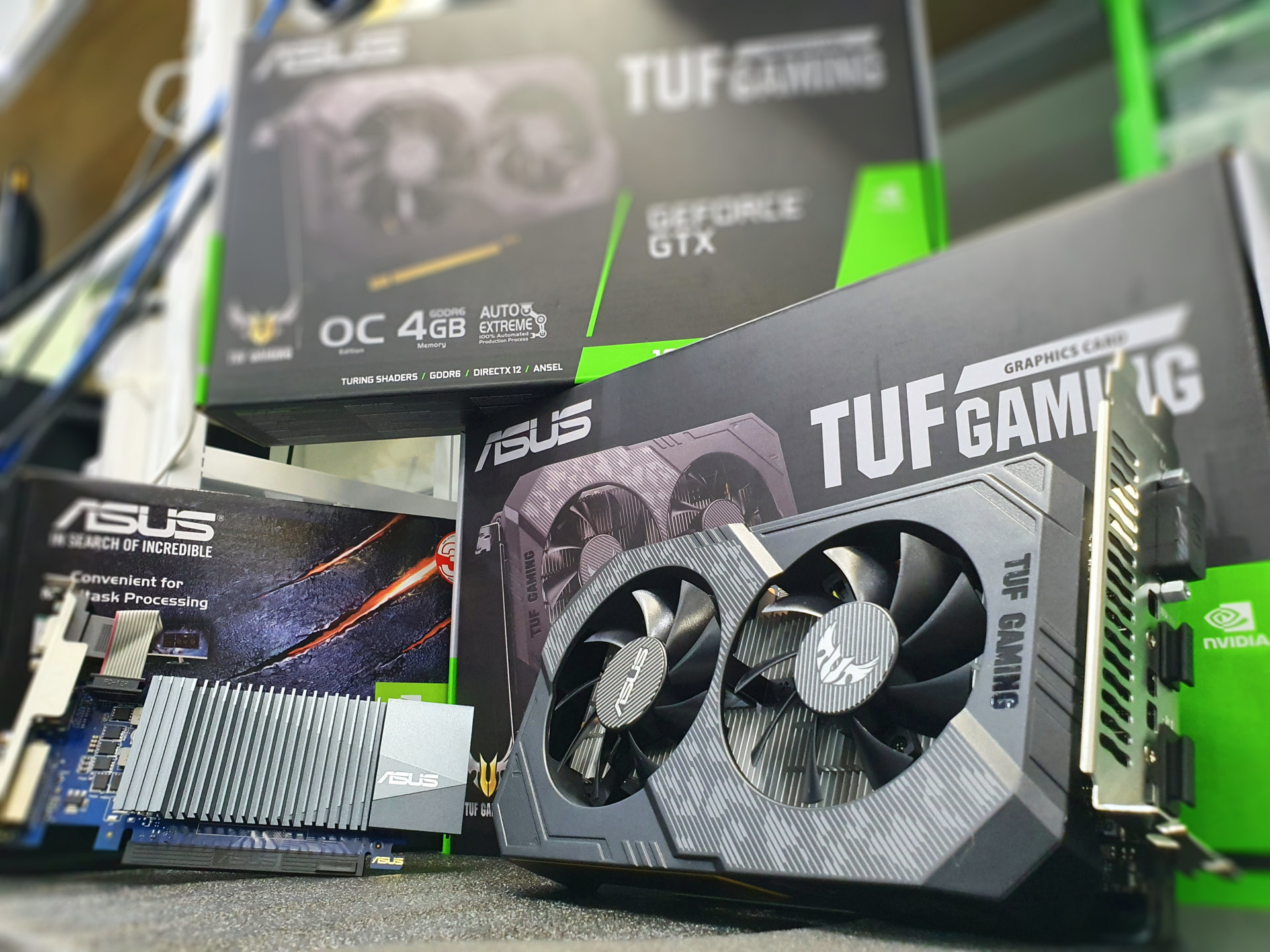Reviving Old PCs: Upgrading PC Hardware versus Buying New
Welcome, tech enthusiasts! We’re diving into a common dilemma today. Upgrading PC or getting a new one – that’s the question. It’s a decision that can puzzle even the seasoned techies among us.
Why is this decision so important, you ask? Well, it can impact your user experience and your wallet. Getting it right is crucial.
1. Understanding the Lifespan of a PC
Let’s start with the basics. The lifespan of a PC can be quite elastic. It doesn’t have a strict expiration date.
Several factors can influence how long a PC lasts. These include usage patterns, hardware quality, and maintenance habits. So, it’s not just about the age of your PC. It’s also about how it has been treated over the years.
Now, a well-maintained PC can last anywhere from five to eight years. Some may even extend beyond a decade. It’s important to note, however, that “lasting” doesn’t always mean performing optimally. As time goes by, PCs can slow down. They may struggle with newer software.
In the end, the lifespan of a PC isn’t carved in stone. It’s a fluid timeline influenced by a myriad of factors.

Image credit: Unsplash
2. Signs Your PC Needs an Upgrade or Replacement
So, let’s dive into the tell-tale signs your PC might need a makeover. First on the list is slow performance. If your PC lags or freezes, there’s likely a problem. These issues could be due to an overworked processor or insufficient RAM. But, they’re not always a death sentence for your machine. Often, a hardware upgrade can breathe new life into a sluggish PC.
Next up, we have frequent crashes. No, we’re not talking about the occasional hiccup. We mean the dreaded Blue Screen of Death. If your PC crashes often, it’s a cry for help. Upgrading PC hardware might fix the issue. Yet, in some cases, a new PC might be the better solution.
Now, let’s talk about software compatibility. As technology advances, so does software. If your PC struggles to run new applications, it might be time for a change. That could mean upgrading PC. Or, it could mean investing in a new machine.
Lastly, consider the cost of repairs. If you’re constantly shelling out for fixes, take a pause. It might be more cost-effective to buy a new PC. Remember, there’s a fine line between a repairable PC and a money pit.
3. Pros and Cons of Upgrading PC Hardware
Let’s weigh the options, starting with hardware upgrades.
Pros:
- On the plus side, upgrading PC can be cost-effective. It’s often cheaper to replace a part than to buy a new PC.
- Moreover, upgrading allows you to tailor your machine to your needs. You can pick and choose the components that matter most to you.
- Finally, consider the environmental impact. Upgrading is usually a greener choice. It reduces electronic waste, making it an eco-friendly option.
Cons:
- Yet, upgrading PC isn’t always a walk in the park. There are limitations to consider. Not all parts can be upgraded. For example, the motherboard in most laptops can’t be replaced. So, if that’s the issue, you’re out of luck.
- There’s also the question of compatibility. Not all parts work well together. For instance, your motherboard might not support the latest processor. In such cases, an upgrade might not be possible.

Upgrading a gaming PC with an Aorus Asus motherboard. Image credit: VOLTA PC Upgrade & Repair
4. Pros and Cons of Buying a New PC
Now, let’s shift gears and talk about buying a new PC.
Pros:
- First off, new PCs come with the latest technology. They offer faster processors, better graphics, and more storage. Plus, they’re equipped to handle newer software. They’re like a breath of fresh air for your computing needs.
- Then, there’s the warranty factor. New PCs come with a warranty, offering peace of mind. If something goes wrong, you’re covered. And, let’s not forget the joy of unboxing a brand new device. It’s a tech lover’s delight!
Cons:
- However, buying a new PC isn’t all sunshine and rainbows. It can be a significant financial investment. High-end PCs can cost a pretty penny. And, budget PCs might not meet your needs.
- Moreover, there’s the environmental impact. Discarding old PCs contributes to electronic waste. It’s a concern that’s been gaining attention in recent years.

High-end Gaming PCs from VOLTA PC. Image credit: VOLTA PC
5. Case Studies: Evaluating When Upgrading Your PC is the Best Option?
We’ve covered a lot of ground. Now, let’s put that knowledge into practice. We’ll walk you through some common scenarios. This way, you’ll be able to make an informed decision.
- Scenario 1: The cost of upgrades is higher than a new PC. This is a no-brainer. If upgrading is going to cost more, go for a new PC. It’s a more cost-effective and practical choice.
- Scenario 2: The PC is too old to support necessary software. In this case, a new PC is likely the way to go. It’s important to keep up with software advancements. After all, what good is a PC if it can’t run the software you need?
- Scenario 3: Only a few components need upgrading. Here, an upgrade might be the best bet. It’s a cheaper and greener option. Plus, it gives you the chance to customize your PC.
- Scenario 4: A new PC would significantly enhance productivity or user experience. Sometimes, it’s not about necessity. It’s about making your life easier. If a new PC can do that, it might be worth the investment.
Stay tuned for our final segment, where we’ll help you ask the right questions to make your decision.
6. Making the Decision: Questions to Ask Yourself
As we near the end of our journey, let’s reflect. Making the right decision comes down to asking the right questions. So, let’s dive in.
- Firstly, how old is your current PC? Age matters in the world of tech. If your PC is nearing the end of its lifespan, a new one might be in order.
- Secondly, what do you primarily use your PC for? Your usage impacts your decision. If you’re a casual user, an upgrade might suffice. Yet, for high-end gaming or professional work, a new PC could be a game-changer.
- Thirdly, what’s your budget for upgrades or a new PC? Money matters, after all. If you’re on a tight budget, upgrading might be the best route. But, if you can splurge a little, a new PC could be worth the investment.
- Finally, how important is having the latest technology to you? If you’re a tech enthusiast, a new PC can be exciting. But, if you’re more of a practical user, an upgrade might be all you need.
Conclusion: Upgrading PC vs. Get New one
In the end, the decision between upgrading PC and buying new is personal. It depends on your needs, your budget, and your preferences. We hope this guide has shed some light on the matter.
Remember, there’s no one-size-fits-all answer. But, with the right information, you can make an informed decision. Here’s to making the best choice for your tech needs!
If you’re considering upgrading your PC after our deep dive, reach out to VOLTA PC Upgrade and Repair (FKA Budget PC). Our skilled technicians will provide top-notch services to breathe new life into your old machine.
If you’re leaning towards buying a new gaming PC, look no further than VOLTA PC. Our range of high-performance machines will take your gaming experience to new heights. Remember, a well-informed decision is the best decision.
So, what are you waiting for? Upgrade, buy new, or get in touch with us for professional advice. Your perfect PC experience is just a click away!

